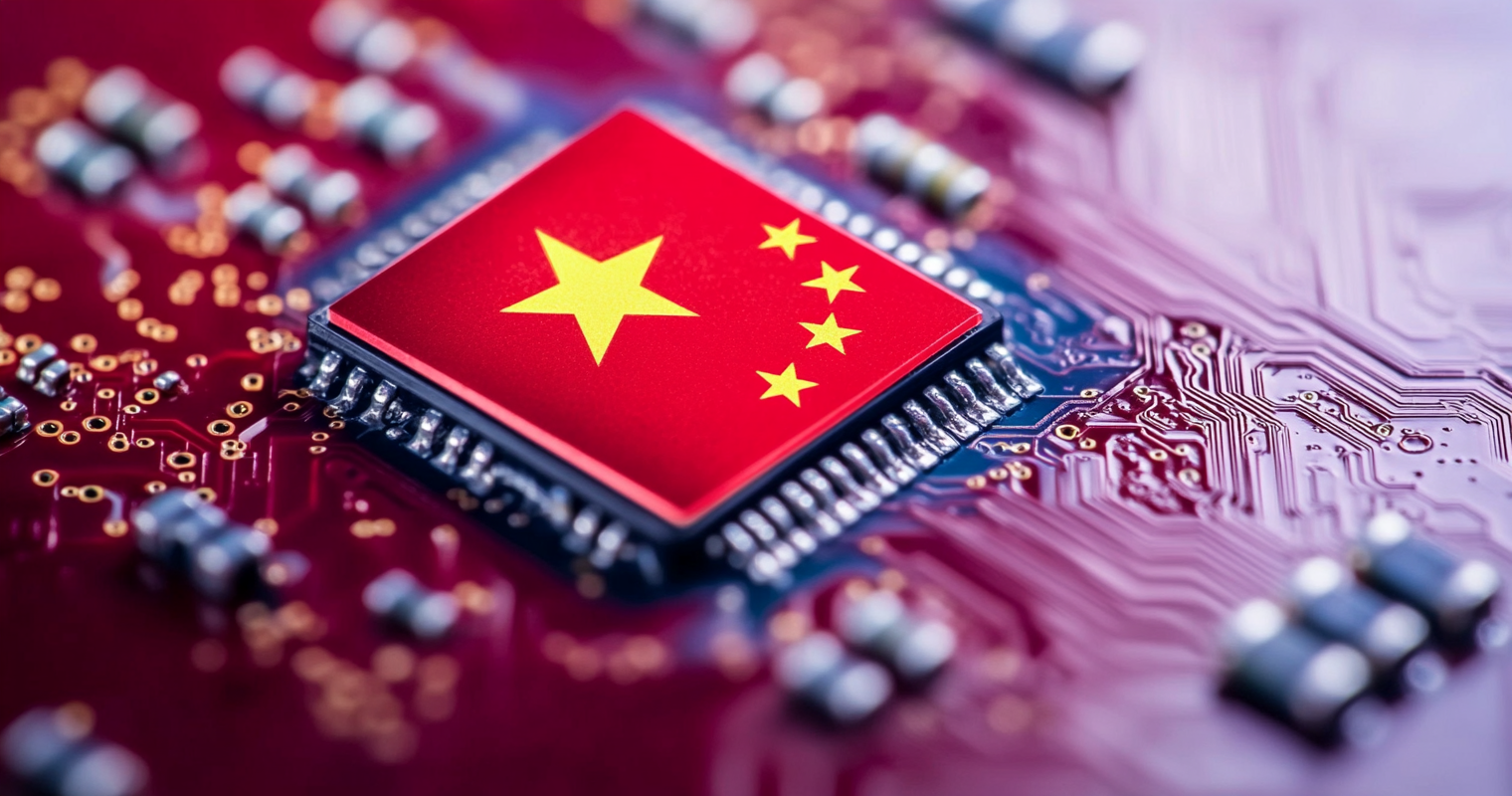August 20, 2024
Behind the scenes of the artificial intelligence race has been a competition for the most powerful computer chips in the world. It’s a race fought between large companies, but also by governments eager to control access to chips — and thus, AI development.
In this arena, the United States has a huge advantage. Many of the most important chip companies — including AMD, Intel, and Nvidia — are headquartered in the US. And through export controls, the Biden administration has been able to restrict the sale of specific chips and semiconductor manufacturing equipment to China and its allies. The ongoing trade war with China, which started in earnest under the Trump administration, has expanded and focused on AI under Biden.
GZERO spoke with Nazak Nikakhtar, who served from 2018 to 2021 as the Department of Commerce’s assistant secretary for industry & analysis at the International Trade Administration and oversaw export controls while fulfilling the duties of the under secretary for industry and security at Commerce’s Bureau of Industry and Security.
She is now a partner at the law firm Wiley Rein in Washington, DC. We asked her about her time in the Trump administration, the goal of current US export policy, and what proposals she’d like to see under Biden — or the next administration — to promote the country’s AI ambitions and keep China at bay.
This interview has been lightly edited for clarity and length.
GZERO: How has the rapid pace of artificial intelligence development changed the need for US export controls in the past few years? Was this a focal point when you were last at Commerce in 2021?
Nikakhtar: Artificial intelligence has certainly been a focal point for export controls, and it came to the forefront in many ways since ECRA [the Export Control Reform Act of 2018] made explicit the need to control emerging technologies.
It’s critical that the US government develop a robust control mechanism for emerging technologies, given that they are emerging so they are quickly evolving. This requires an innovative approach to export controls where the targets should be adversary nations rather than allies. We should be working to relax export controls to allied nations while building greater, more expansive, and more robust restrictions for adversaries.
Is the number one export control goal keeping the chips and equipment necessary for artificial intelligence development out of the hands of China?
Nikakhtar: The goal is all-enabling capabilities, including chips and semiconductor manufacturing equipment. [China] is misusing AI to oppress its own population, perpetrate gross human rights violations, and embolden the People’s Liberation Army. The US and its allies should not be complicit in this.
How do you think the Biden administration has handled the expansion of export controls? Have they been effective at limiting China’s access?
Nikakhtar: I commend the Biden administration for endeavoring to create controls on sensitive technologies to the PRC and other adversary nations. However, the effectiveness of the controls lies in the details of the rules. Unfortunately, our rules today fall short. They continue to enable circumvention by PRC entities and third-country entities that support the PRC.
How can the administration limit that circumvention?
Nikakhtar: Fundamentally, when it comes to the PRC and other high-risk circumvention countries, broader rules generally reduce the avenues available for circumvention. We also need to be cognizant of the fact that entities in the PRC have (and hire) the required engineering talent to use non-choke point technology to produce cutting-edge items, which again means that the scope of our rules needs to be broader. Finally, the PRC’s various national security and anti-foreign sanctions laws demand that PRC entities not comply with US national security laws, which means that any items we export to the PRC will, as a matter of PRC law, fall into the PLA’s and other malign actors’ hands. Therefore, the question the US government needs to ask itself, when licensing items to the PRC, is whether it can tolerate the PRC government having access to the exported technology because it will inevitably fall into dangerous hands within the PRC and likely even beyond (e.g., Iran and Russia).
How seriously do you take reports that Huawei has made strides with its chip development?
Nikakhtar: Very seriously. Of course Huawei has, because the US and our allies have not taken adequate measures to weaken Huawei’s and the PRC’s access to technologies necessary to make dangerous high-tech items. Our collective export control rules remain very porous.
Are there specific proposals you would like to see implemented in the final few months of this administration?
Nikakhtar: We need an overhaul of the US export control system to better restrict exports of sensitive technologies to US adversaries and develop more flexible rules for allies. The current approach isn’t nimble enough to achieve these goals simultaneously.
How do you feel about the tension between the US government and companies looking to boost their sales who keep running into stringent rules?
Nikakhtar: Companies can boost sales to allied nations, and the US government should encourage them to do so. This is a matter of substitution. The less we export to adversaries, the more we have the ability to build out the supply chains of our allies and better integrate our capacities with theirs to grow our technologies and economies faster.
More For You
Most Popular
The Guinea-flagged oil tanker MT Bandra, which is under sanctions, is partially seen alongside another vessel at El Palito terminal, near Puerto Cabello, Venezuela, on December 29, 2025.
REUTERS/Juan Carlos Hernandez
There have been several geopolitical shocks this year, yet none have stopped oil prices from plunging, showing how oil markets have become more risk tolerant.
- YouTube
In this "ask ian," Ian Bremmer analyzes Trump’s recent meeting with Zelensky and how close (or far) Russia and Ukraine are from a peace deal.
© 2025 GZERO Media. All Rights Reserved | A Eurasia Group media company.
